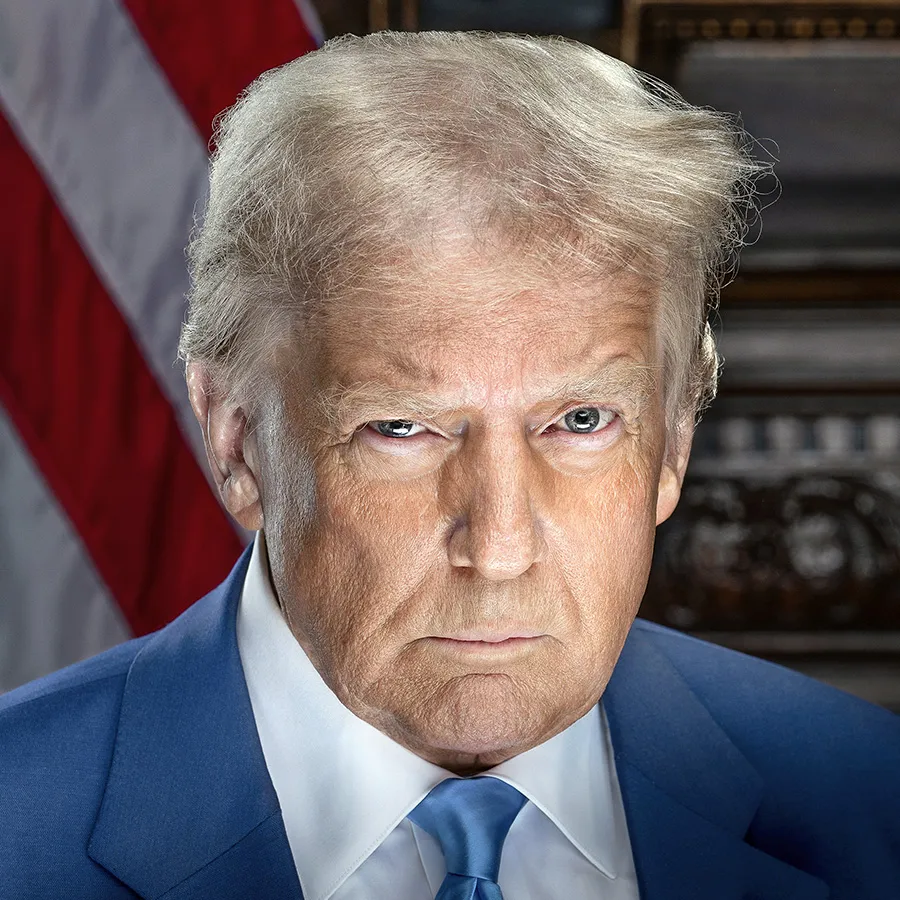United States government has revoked the visas of at least 50 politicians and government officials in Mexico, an action taken amid the Trump administration’s escalating crackdown on drug cartels and their suspected political allies, according to two Mexican officials.
While a few cases had been publicly reported, Reuters’ reporting indicates the visa cancellations are far more widespread than previously known.
According to former US ambassadors, while previous administrations have used this tool, the current scale is indicative of President Donald Trump’s willingness to use the diplomatic measure to achieve policy goals. Former U.S. Ambassador Tony Wayne noted, “The Trump administration is finding new ways to exert more pressure on Mexico.”
The action has caused quiet shockwaves through Mexico’s political elite, as it significantly broadens U.S. anti-narcotics efforts by targeting active politicians often considered too diplomatically sensitive.
One senior Mexican politician said more than 50 politicians from the ruling Morena party have had their visas revoked, along with dozens of officials from other parties. Only four officials have publicly confirmed losing their visas so far, including Baja California state Governor Marina del Pilar Avila, who has denied any links to organized crime.
A senior U.S. State Department official confirmed that visas, including those of foreign officials, “may be revoked at any time” for “activities that run contrary to America’s national interest,” such as drug trafficking, corruption, or aiding illegal immigration. The U.S. is not required to provide explanations for visa revocations.
The widespread revocations, particularly involving members of President Claudia Sheinbaum’s ruling Morena party, threaten to complicate the U.S.-Mexico relationship. Despite Sheinbaum’s choice to collaborate closely with the U.S. on cartels, she has condemned suggestions of unilateral U.S. military action in Mexico.
Christopher Landau, former U.S. ambassador to Mexico and the State Department’s number two official, who has referred to himself as “El Quitavisas” (“The Visa Snatcher”), has made his preference for denying access to the U.S. clear.
The Trump administration has also been revoking visas elsewhere in Latin America against perceived political opponents, including in Colombia, Brazil, and Costa Rica.
A third source with knowledge of the process suggested the revocations are part of Trump’s security strategy, with the designation of some cartels as terrorist organizations meaning intelligence increasingly impacts visa status.
The lack of explanation for the revocations, which U.S. officials are not required to provide, has sown confusion and concern among Mexican officials that they could be under criminal investigation. Former Ambassador Roberta Jacobson warned that the widespread revocations could potentially backfire and strain U.S.-Mexico security cooperation.
![]()




























































